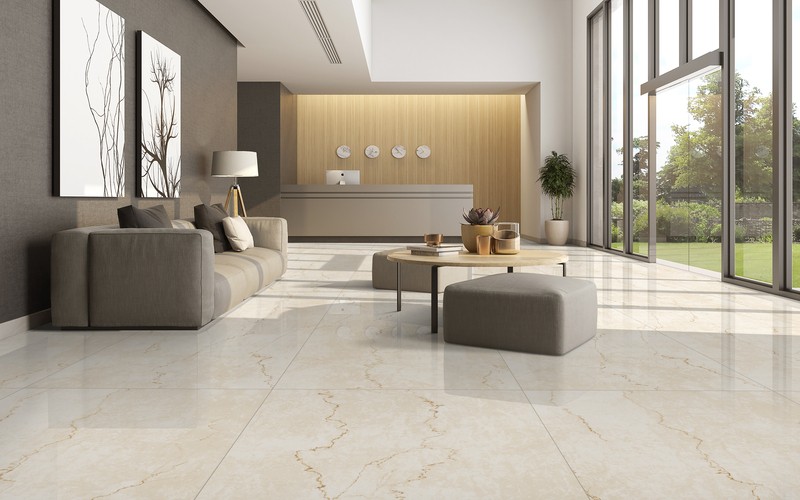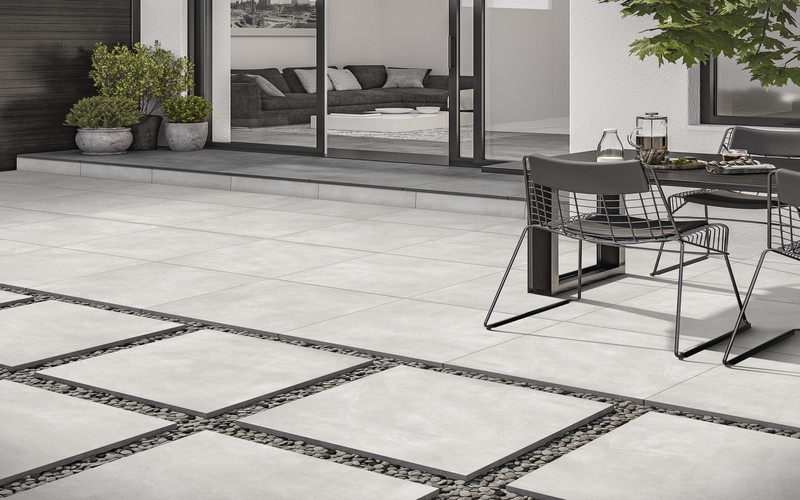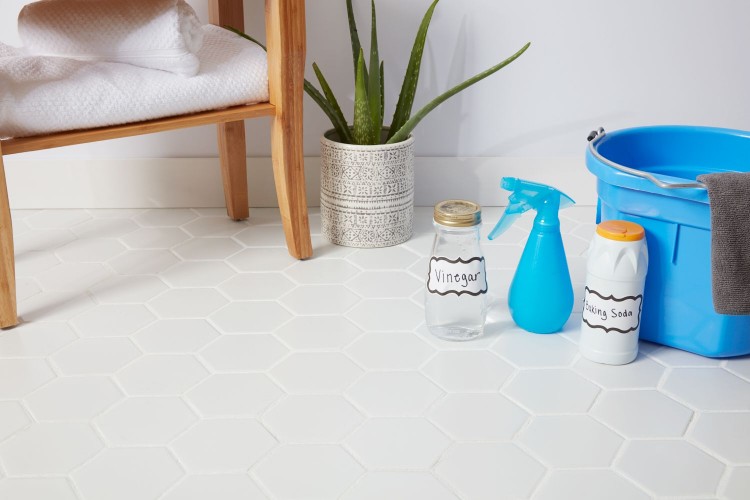Here are 10 things only experts know about porcelain tiles
- News
- 04 Mar 2023

-
Definition: Porcelain tile is a type of ceramic tile that is made with finer and more densely packed clay, making it more durable and resistant to moisture and staining.
-
Production process: The production process for porcelain tiles involves high-pressure and high-temperature firing, which results in a dense and strong tile.
-
Absorption rate: Porcelain tiles have a low absorption rate, making them suitable for use in areas with high moisture levels, such as bathrooms and kitchens.
-
Design options: Porcelain tiles come in a wide range of designs and colors, allowing for endless design possibilities.
-
Maintenance: Porcelain tiles are relatively low-maintenance and easy to clean, making them a popular choice for flooring and wall coverings.
-
Durability: Porcelain tiles are highly durable and resistant to wear and tear, making them a long-lasting option for flooring and wall coverings.
-
Slip resistance: Porcelain tiles can be treated to increase their slip resistance, making them suitable for use in wet areas such as bathrooms and showers.
-
Grading system: Porcelain tiles are graded based on their quality and durability, with the highest quality tiles being designated as "through-body porcelain".
-
Cost: Porcelain tiles can be more expensive than other types of ceramic tiles, but their durability and low maintenance costs make them a cost-effective option in the long run.
-
Sustainability: Porcelain tiles can be made from environmentally sustainable materials, and their durability means they have a long lifespan, reducing the need for frequent replacements and reducing waste.
- porcelain tiles
- expert insights
- lesser-known facts
- porcelain tile benefits
- tile characteristics
- expert knowledge













